ARL Bio Pharma provides testing for dietary supplements and nutraceuticals. Our laboratory is ISO 17025:2017 accredited.
For each dietary supplement or nutraceutical submitted for testing, ARL issues a finished product Certificate of Analysis (COA) referencing the test method and results from the laboratory assay performed.
Certificate of Analysis includes:
- Complete Product Name
- Batch/lot number and/or date code of the unexpired finished product sample tested
- Name and address of ARL Bio Pharma issuing COA
- Results from laboratory assay performed with the amount per unit or per serving of each dietary ingredient(s) claimed on the Supplement Facts panel.
- Reference to the test method used for each dietary ingredient listed. If the test method is non-compendial, not an AOAC Official Method of Analysis or is a modified version of these, or is in-house, the principle of the method is stated (e.g., HPLC, GC, etc.).
- The dietary ingredient name(s) on the Supplement Facts panel and ingredient name(s)
- The unit of measure for each dietary ingredient on the Supplement Facts panel (i.e. g, mg, mcg, etc.) and the unit of measure on the COA.
ARL tests over 1,000 active pharmaceutical ingredients including dietary supplements and nutraceuticals.
Login to ARL's Client Portal to find your dietary supplement and nutraceutical potency pricing.
Submit Samples for testing through ARL's Client Portal.
This test measures the concentration of the active ingredient at a specific point in time.
Articles:
- Benefits of Submitting Master Formulation Records
- Chemical Testing Aspects of USP 797 for Compounded Sterile Preparations
- Drug Formulation and Its Impact on Analytical Testing
- Importance of Sample Amounts and the Impact on Potency Testing
- Potency Test Failure Case Studies
- Potency Testing Benefits and Requirements
- Stability vs. Potency Testing
Articles:
- Microbial Tests for Non-Sterile Products
- Microbial Limit Tests for Nonsterile Pharmaceuticals Part 1
- Microbial Limit Tests for Nonsterile Pharmaceuticals-Part 2
- Minor Chapters, Major Impacts – What USP Chapters 51, 61, 62, and 1207 Mean for Your Compounding Practice
- USP <61> and USP <62> Microbial Tests for Non-Sterile Products
Webinars
These tests verify the absence of objectionable microorganisms in drug products and raw materials.
Articles:
- Microbial Tests for Non-Sterile Products
- Microbial Limit Tests for Nonsterile Pharmaceuticals Part 1
- Microbial Limit Tests for Nonsterile Pharmaceuticals-Part 2
- Minor Chapters, Major Impacts – What USP Chapters 51, 61, 62, and 1207 Mean for Your Compounding Practice
- USP <61> and USP <62> Microbial Tests for Non-Sterile Products
Webinars

